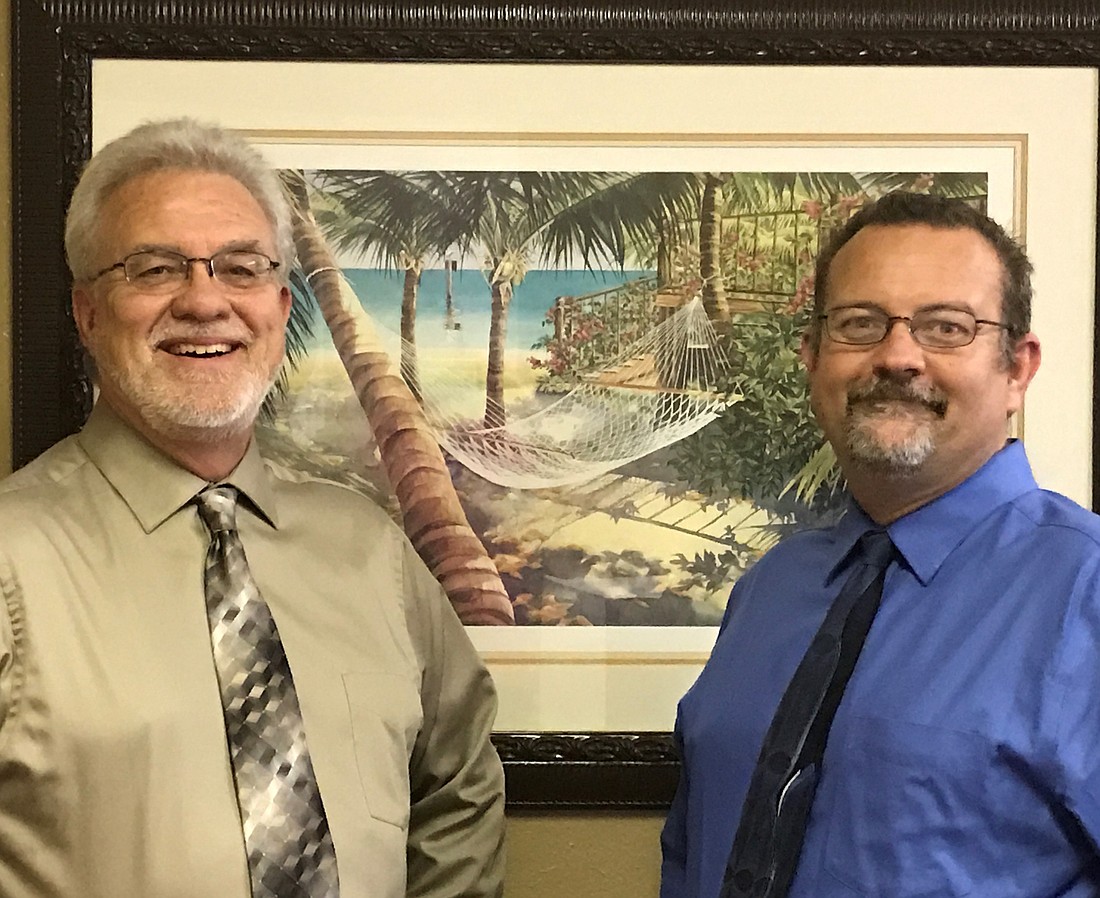- January 14, 2025
-
-
Loading

Loading

Company: Bari Woodwinds manufactures woodwind instrument mouthpieces made from hard rubber and metal, in addition to a line of synthetic reeds. Its products are used for B-flat clarinets, bass clarinets and the soprano, alto, tenor and baritone saxophone. Business partners Ron Van Ostenbridge and Gary Spears have worked together at the firm since 2004, when it was part of a larger instrument accessories business run by the Cavanaugh family in Sarasota. Van Ostenbridge and Spears acquired the Bari Woodwinds part of the company in 2016 and moved it to a 5,000-square-foot facility in Palmetto, north Manatee County.
Product: The company’s lines of reeds and mouthpieces — designed to be easy to blow, stable and produce resonant sound — are well received in the sometimes finicky musician marketplace. Some 50 professional musicians, from Tampa to California and Ireland to Argentina, are listed as official Bari woodwinds endorsers on the firm’s website, for example. Beyond celebrity testimonials, about 60% of the firm’s business is in schools, and it also sells to dealers and music stores, with a global customer base. “Canada is actually a big customer,” says Van Ostenbridge, the CEO and managing partner, “although everything there has been shut down now [from the pandemic].”
'We want to take as much labor out of production as we can. We are the only ones in the industry who build our own machines.' Ron Van Ostenbridge, Bari Woodwinds
Pandemic shift: Count Bari Woodwinds as one of the many companies in the region, in a variety of industries, having its best year ever before the pandemic stopped the music. Total reeds and mouthpieces sold rose 27% in 2018 and 25% in 2019, Van Ostenbridge says, to nearly 100,000 at the end of 2019. But with schools shuttered, orders came to a fast stop in spring 2020. Van Ostenbridge says he and Spears, the president and managing partner, went at least the first month of the pandemic without getting paid. The firm also received a PPP loan that provided enough short-term funds to keep two of its five full-time employees. With four employees now, including Van Ostenbridge and Spears, business remains slow to return to anything resembling pre-pandemic levels. “If schools don’t open in the fall,” Van Ostenbridge says, “it could be really devastating.”
Best move for efficiency: With Spears leading the way, Bari designed and built several of its own in-house machines to manufacture the reeds and mouthpieces. That helped the company become more efficient with materials, cork and rubber, for two examples, and eliminate waste. The custom-made machines also aid quality control. “We want to take as much labor out of production as we can,” Van Ostenbridge says. “We are the only ones in the industry who build our own machines.”
Best move for productivity: Bari has a proprietary process for making its own reeds. That, combined with its own machines for making the products, is how the company boosted productivity, at least pre-pandemic. (All Bari products are made from in house equipment, save for a CNC, or computer numerical control, machine.) One factor Bari is balancing in the pandemic is productivity, or output, against the stagnation in new orders. That impacts the price in a price-sensitive market. “Our biggest issue,” Van Ostenbridge says, “is containing the cost for the customer.”